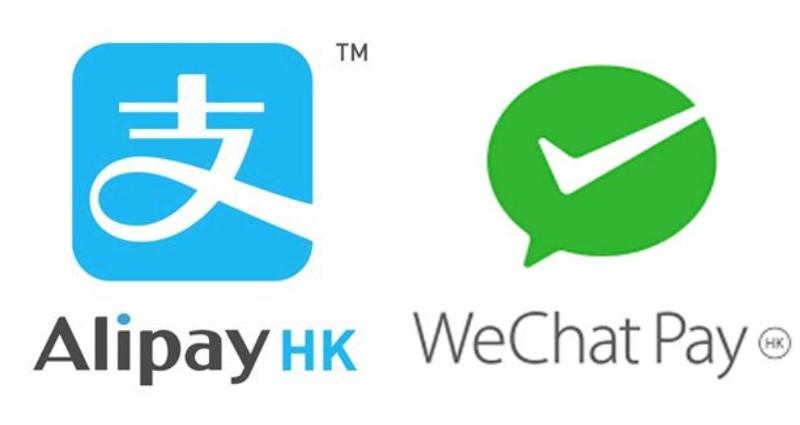Hong Kong is known for its status as a world financial center and having one of the freest economies in the world. The government takes pride in having no trade restrictions, no sales tax, and a simple tax code. However, despite its reputation as a technological hub, Hong Kong's E-payment technologies are not as advanced as one might expect.
.jpg)
CASH IS KING
Despite the city's low corporate tax rate of only 16.5% and a simple tax code, many business owners in Hong Kong prefer to operate as cash businesses to provide flexibility in tax reporting. This is due to concerns that third-party payment platforms may be required to report details to the government in the future. As a result, most small-medium size enterprises (SMEs) in Hong Kong prefer cash over credit card payments. Taxis, non-mainstream electronic/computer stores, and many mom and pop restaurants will only accept cash payments. It's important to keep this in mind and exchange for Hong Kong Dollars while visiting the city.
The Octopus Card has been the major form of E-payment in Hong Kong, especially for transportation, food, and small-amount shopping. However, with an increasing number of Chinese visitors, many businesses have started to accept payments through WeChat, a popular social media-messenger in mainland China. In addition, Alipay and Apple Pay are also becoming more common in Hong Kong.

If you have an HSBC account, it's useful to download PayMe, a payment app developed by the bank for its users. PayMe allows you to pay at small shops with the app and also make payments to other individual HSBC account holders, making it a convenient option for sharing a dinner bill or a taxi ride.
TIPPING CULTURE
Tipping can be a confusing issue for travelers in Hong Kong. Here is a quick reference guide for different scenarios:
- Taxi or private car pick-up: Tips are not expected, but if you want to show appreciation for good service, HKD 20 would be a sufficient amount.
- Hotel attendants: Tips are sometimes expected, especially if your luggage is particularly heavy or your room is messy. A tip of HKD 20 is appropriate.
- Restaurants: A 10% service charge is already added to your bill unless you dine at a local eatery or street food stall. However, this charge does not go to the employees. If you want to tip for good service, give HKD 20-50 directly to the staff (not with the bill).
- Tour services: Tour guides are usually self-employed, and tips are greatly appreciated. Depending on the length and type of the tour, HKD 50-100 is a common range for tipping.
